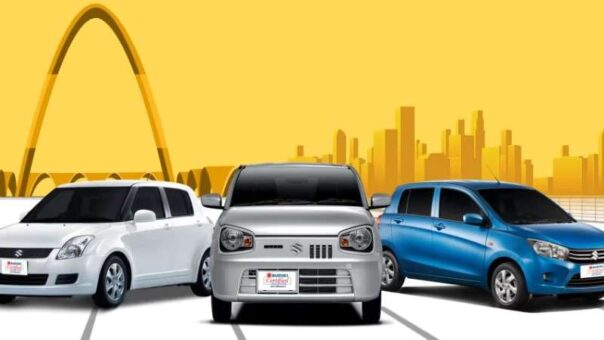Islamabad, June 15, 2025 – Yango, once hailed as a cost-effective and user-friendly addition to Pakistan’s expanding ride-hailing ecosystem, is now facing a growing public trust deficit.
A recent report by the state-run Associated Press of Pakistan (APP) highlights widespread dissatisfaction with the service, citing poor vehicle conditions, inadequate safety measures, and frustrating rider experiences.
Yango entered the Pakistan market with aggressive pricing and promises of efficiency and innovation. However, within just two years, the platform appears to be following the same troubled path as predecessors like Uber, Careem, InDriver, and Bykea. Consumers report that after a honeymoon period of low fares and convenience, issues such as fare inflation, unreliable drivers, and app malfunctions have emerged, tarnishing Yango’s early appeal.
A user, Raniya Imran, shared her concerns with APP, noting that “women, in particular, face alarming issues. Some report being dropped mid-ride in unfamiliar areas without explanation. Paired with dilapidated vehicles, this creates serious safety risks that Yango must urgently address.”
Laiba Amjed, a frequent Yango user, recounted an incident where her 10-minute trip turned into a one-hour ordeal due to driver incompetence and traffic mismanagement. “He blamed me for the delay, demanded extra fare, and even after paying, I was left feeling helpless. Though I received a refund, the driver faced no consequences,” she said.
This lack of accountability is a recurring complaint. The app’s rigid system, which offers only a single driver match with no alternatives, further adds to passenger frustration. Laiba also shared a terrifying experience of being dropped on an isolated construction road at night, an act she called “outright dangerous.”
From the drivers’ side, Yango’s business model also draws criticism. Drivers like Hammad cite poor pay structures, excessive penalties, and lack of proper training. “We are penalized unfairly, and sometimes earn less than the cost of fuel,” he said. “Still, leaving passengers stranded is unacceptable. The problem is deeper – many drivers aren’t adequately trained or supported.”
Vehicle quality is another issue. Hassan Syed recalled riding in an old, noisy Suzuki Mehran that felt barely roadworthy. “How do such cars even get approved by Yango?” he asked.
Saba, a daily commuter from Islamabad, described how her “comfort ride” lacked working air conditioning despite premium pricing. “I paid for comfort but got worse than a regular cab,” she lamented, adding that complaint systems remain slow and ineffective.
To rebuild public trust, Yango must revamp its driver vetting process, enforce maintenance checks, and implement functional real-time support for riders. Passenger safety and dignity must remain the top priority. Yet, when approached for comment, Yango declined to respond to public complaints or concerns raised by their drivers.
